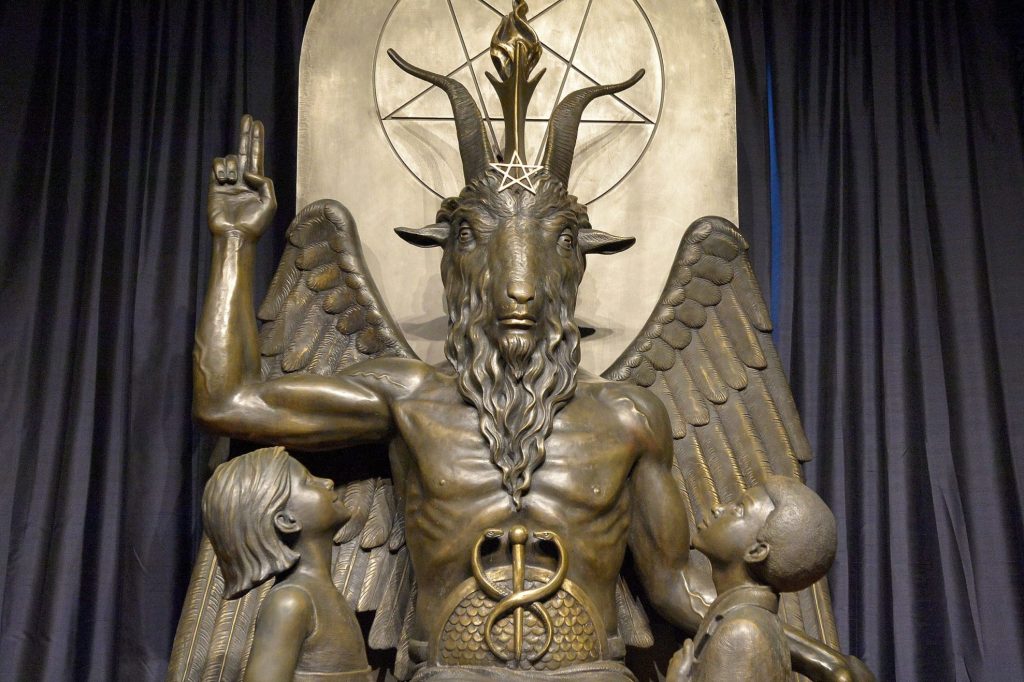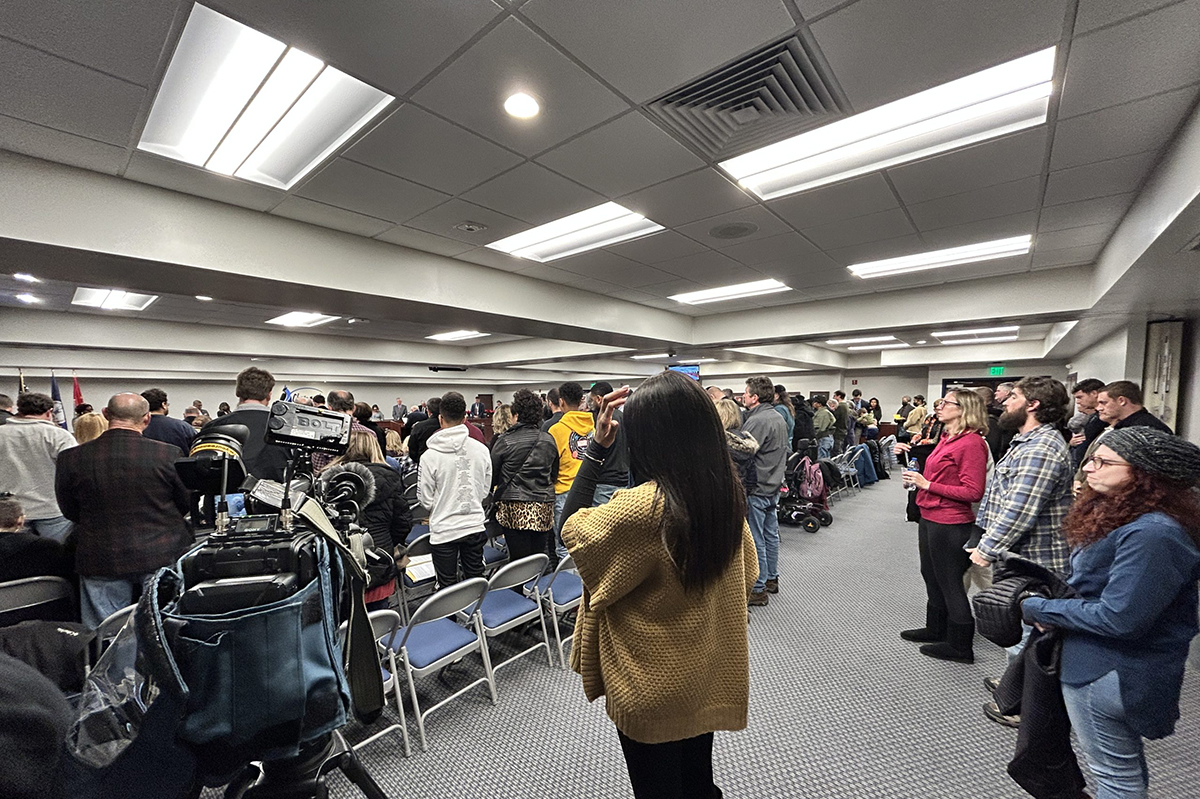What happens when you create a de jure religious organization for the purposes of opposing organized religion? In the case of the Satanic Temple, you seemingly become the thing that you hate.
After I wrote about the Satanic Temple’s attempt to start an After School Satan Club at an elementary school in Chesapeake, Virginia, I was made aware of an ongoing legal battle between TST and some of its former members. TST accused four former members of hacking a Facebook group for a Washington State chapter, as well as a related meme page, and using it to post defamatory claims about the organization and its leadership.
The Satanic Temple’s latest lawsuit against these former members was dismissed in January by a district court. Previous legal attempts to get the former members to fork over damages were also unsuccessful. TST, though, intends to appeal the latest dismissal. Their public comments about the former members — who now post under the name “Queer Satanic” — and relentless court filings seem to be more about bullying people who dared criticize them into silence. The Queer Satanic website contains numerous allegations against TST, including claims that they are more interested in media attention and money than effective advocacy, that its leadership is filled with toxic individuals, and, most relevant, that they systematically harass former members who speak negatively about their time with the organization.
The targets of the lawsuits say the approximately two-year legal battle has already destroyed them financially. Newsweek reported in October 2021 that they had spent $80,000 defending themselves. That number has supposedly ballooned to over $100,000.
“A year and a half later, our livelihoods are being torn apart by this suit,” defendant Leah Fishbaugh wrote on a GoFundMe. “Just as the plaintiffs wanted, we are at a breaking point.”
“This is the single most traumatic financial thing that has happened to me,” David Alan Johnson, the former social media editor for the Washington chapter, said.
The courts have thus far ruled that TST’s hacking claims don’t have merit because the former members were granted access to the Facebook pages; they merely used them in a way that violated TST’s code of conduct. TST has also had access to the chapter page since May 2020, just a few months after it was originally hijacked.
“The Satanic Temple does not claim that it prohibited Defendants from accessing its Facebook accounts altogether, yet they accessed it anyway,” District Judge Richard Jones wrote in February 2021. “The Satanic Temple does not allege that it ever explicitly revoked Defendants’ authority… At most, it has pled in conclusory fashion that ‘it demanded the return of the Facebook pages’ from Defendants. This is insufficient.”
Further, Judge Jones said that he could not rule on the defamation claims because he would be required to “define the beliefs held by the Satanic Temple and to determine that ableism, misogyny, racism, fascism, and transphobia fall outside those beliefs,” which would violate the First Amendment’s religious freedom protections.
TST is undeterred. In a statement, Matt Kezhaya, the Satanic Temple’s general counsel, referred to the former members as “grifters”.
“[Defendant David Alan] Johnson and his crew of grifters admittedly (not allegedly) ‘stole’ TST’s web presence for the purpose of setting up a competitor religious organization. Near as can be found, however, their sole organizational purpose is to crybully on the internet. The District Court disregarded well settled law that damages are to be determined at the time of trial, not at the time of the complaint. Given the uniformity of law on this topic, we are confident in our chances on appeal.”
Further complicating TST’s legal battle is a series of online posts by Kezhaya that suggest the intent of the lawsuits is not to reach arbitration, but to incur as much personal damage against the former members as possible. In a post to Reddit, Kezhaya called the former members “morons” and “pathetic” and said he hoped their lawyer “squeezes every last penny from you living corpses” as they fight TST’s lawsuits. In additional comments, Kezhaya spoke of coming up with a “credible justification” to maximize the damages he could grab from the defendants. Finally, in a November tweet, Kezhaya taunted the defendants, asserting, “I’m coming for you” and daring them to “tell the judge on me again.”
Such statements could give the former members grounds to file an anti-SLAPP motion in any future filings. Anti-SLAPP motions are intended to protect individuals who speak on areas of public interest from baseless lawsuits meant to intimidate or financially drain them.
TST’s relentless legal campaign against these former members raises a larger question about the organization’s commitment to its stated beliefs — and whether it has succumbed to the same hypocrisy it alleges of Christian groups. In numerous materials, TST describes its view of a literary Satan as a “liberator from oppression of the mind and body.” The group claims to celebrate autonomy and rebellion, yet seeks to punish former members who turned against TST and questioned its leadership.
“This is a group of people whose sacred story is one of rebellion against authority,” Joseph Laycock, a religious studies professor at Texas State University, told Newsweek. “It is inherently paradoxical: how do you have an organized religion with people who see rebellion as sacred?”
Meanwhile, the After School Satan Club the TST attempted to start in Chesapeake, Virginia, appears to have stalled after the school district asked the group to pay for security for its meetings. An organizer for TST said the school district is trying to “scare” them off. How ironic.

























